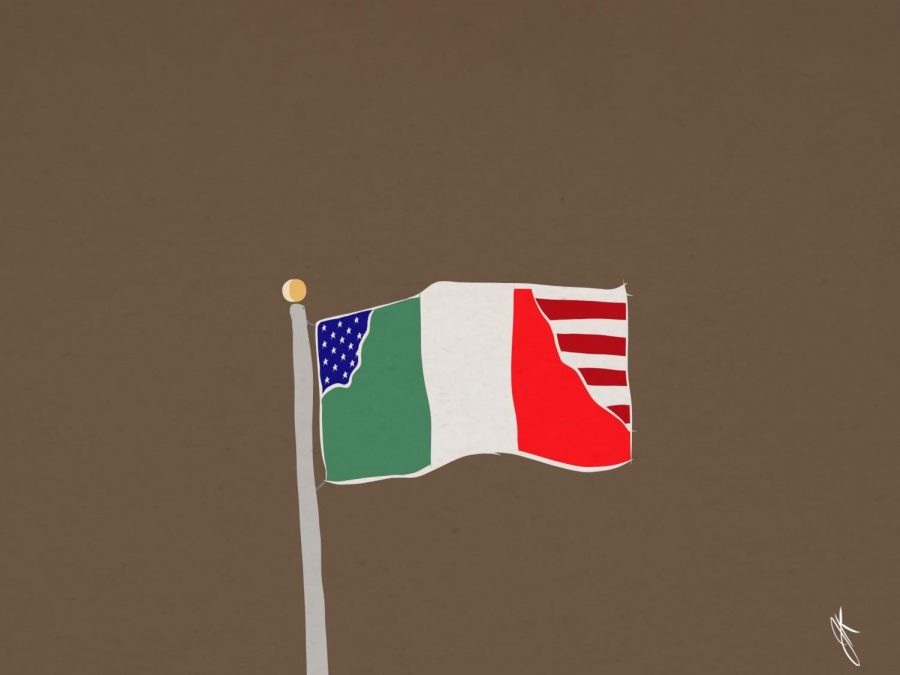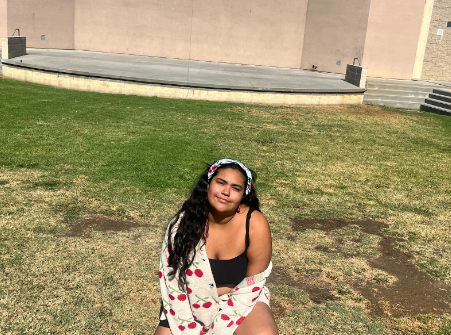The dangers of assimilating into American culture
People are losing their cultural identity as they conform to American standards.
Photo by Joseph Kamandy
America, known for its diversity, has slowly been losing that characteristic.
January 9, 2020
Adolescents pay a high price for a sense of belonging and validation as they construct their identity and find their role within society, but for young Americans with distinct backgrounds, fitting in could mean abandoning their culture and sacrificing their heritage.
“I have asked my parents about my Filipino background because I would like to learn more about my culture, but when I do, they dismiss it. Because they moved to America, they consider the U.S. their new home, so it’s therefore my home. But I don’t feel like I have a home here,” Alicia Delos Reyes (12) said.
Celebrating diversity in our communities should not be confined to the one day of the year that certain ethnic groups have to appreciate their culture without feeling discomfort or shame from the public eye. Although it may seem easier to blame white-washing, the loss of one’s cultural identity to better associate with a predominantly white community, on parents who refuse to teach their children their language or the bullies that turned styling their hair into an unforgettable childhood trauma, assimilating into white culture is an issue rooted in the lack of support that minorities have when learning to express themselves and their true identities.
“When I’m home, I feel more connected to my culture but at school it’s all Americanized, I do wish to be more connected with my culture and my family since the majority speak Tagalog, and I don’t understand so I’m never part of what they say,” Colin Pua (10) said.
Too often, all ties to one’s cultural heritage are lost even though teenagers have a desire to gain knowledge. There isn’t an inherent desire to assimilate, but it has become normalized and expected.
“In a way, I do feel the need to assimilate to the standards here. But at the same time I can’t fit into those standard, so I’m comfortable with myself but there’s still that pressure to fit in and conform to the ridiculousness of it,” Dulce Riveros (11) said.
There should be no shame when one wears cultural clothing and hairstyles or chooses to speak in a language other than English. If someone wants to wear a shirt that represents their culture, they should wear it shamelessly. If someone wants to style their hair in a way that ties to their culture, they should embrace the style. If an ethnic name is being mispronounced, correct the person. Students of all backgrounds should find a mesh their heritage with American culture.






